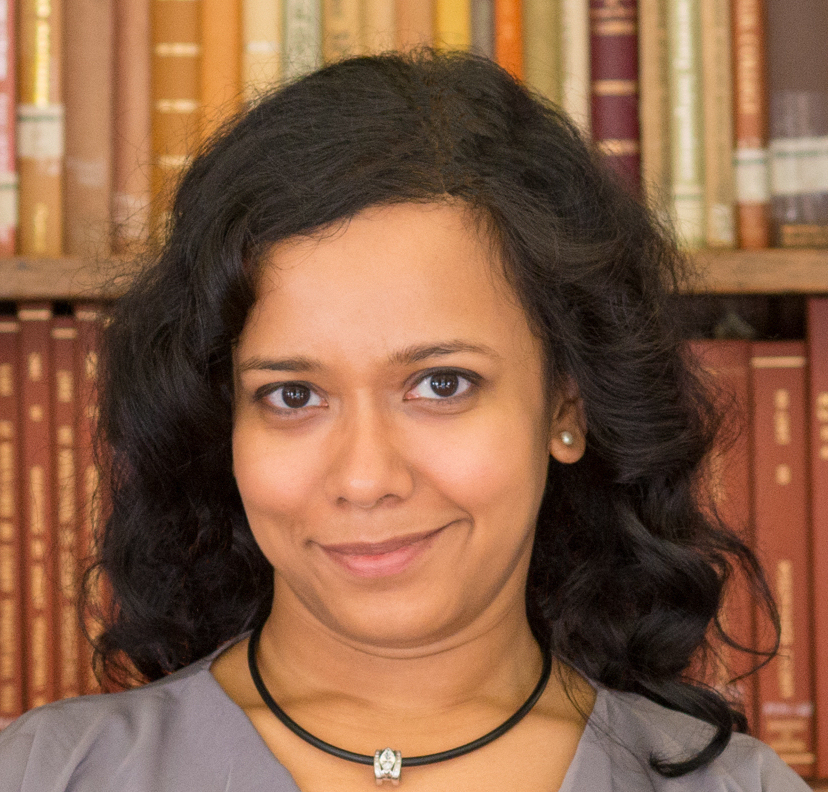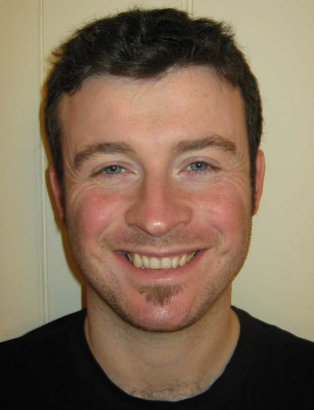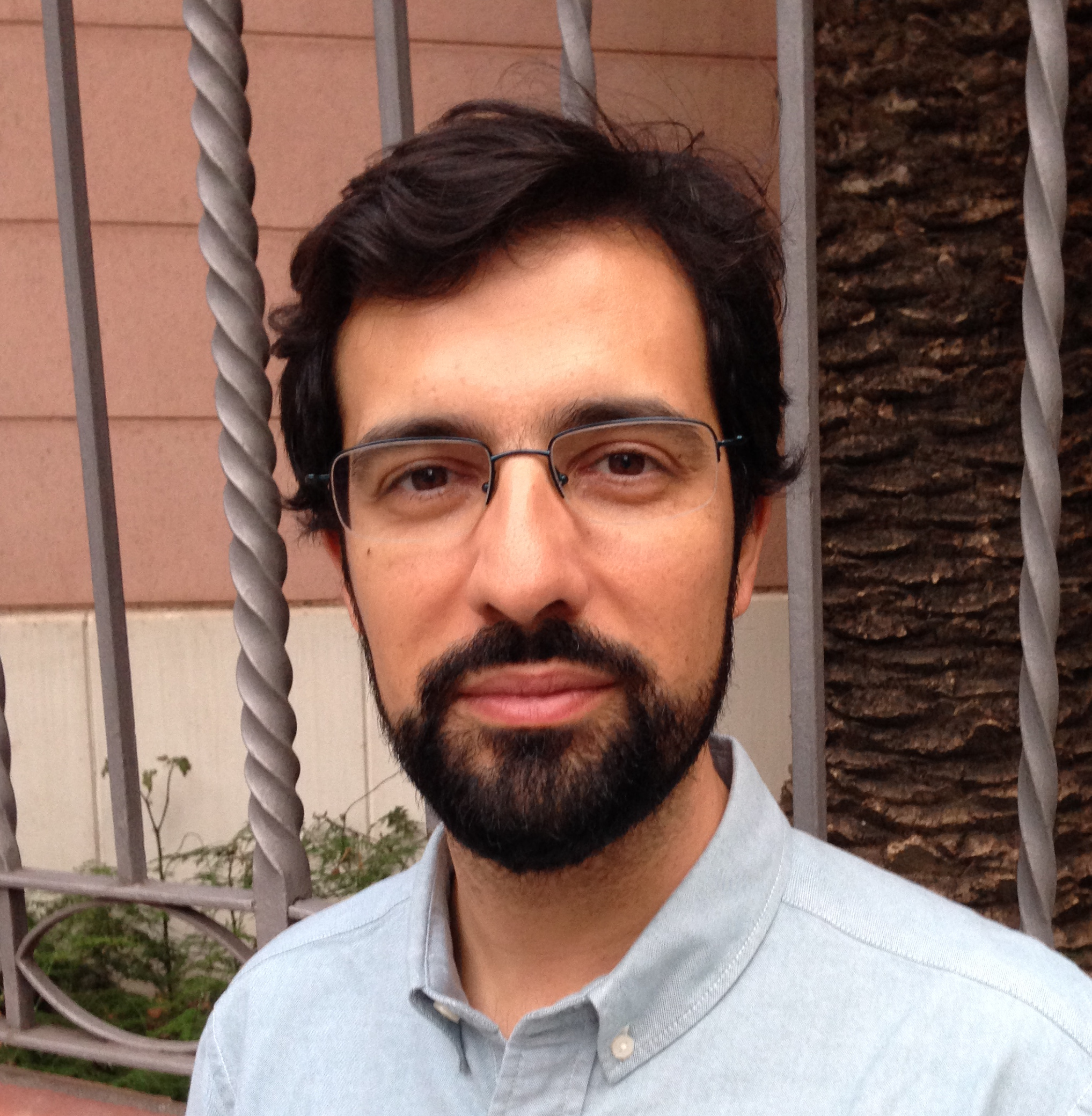People

Nandini Das
Project Director
Nandini Das is a literary and cultural historian, and Professor of Early Modern Literature and Culture at the University of Oxford, and Fellow of Exeter College. In multiple essays and books such as Robert Greene’s Planetomachia (2007), Renaissance Romance: The Transformation of English Prose Fiction, 1570-1620 (2011), and Enchantment and Dis-enchantment in Shakespeare and Early Modern Drama, co-edited with Nick Davis (2016), she has explored the genre of romance, Renaissance prose fiction, and the place of the everyday in late sixteenth century literature. Her investigation of the traces and impact of early modern cross-cultural encounters in Britain, and British and European engagement with the wider world, has developed at the same time through a number of essays on Renaissance travel, and through her work as volume editor of Elizabethan Levant Trade and South Asia in the forthcoming Oxford University Press edition of Richard Hakluyt’s The Principal Navigations, co-editor (with Tim Youngs) of the Cambridge History of Travel Writing, and Principal Investigator of the ‘Travailer’ and ‘Envisioning the Indian City’ projects. TIDE brings those two facets of her research interests together in an attempt to understand how transculturality evolved in early modern Britain, and how literature reflected and complicated that story. As one of BBC Radio 3’s New Generation Thinkers, Nandini has written and presented programmes on television and radio on Renaissance cabinets of curiosity, Shakespeare, Renaissance travel and histories of immigration, and on literature and popular culture of sixteenth and seventeenth century England.

Tom Roberts
Post-doctoral Researcher
Tom Roberts is a postdoctoral research assistant working on Anglo-Italian exchange, translation, transnational theatre, and cultural and human migration to sixteenth- and early seventeenth-century London. His doctoral research focused on how early modern English writers and dramatists reimagined the Italian commedia dell’arte in print and on stage. He also works on the City’s stranger communities, and how the small population of Italians residing in the eastern wards shaped the cultural life of the capital.

Haig Smith
Post-doctoral Researcher
Haig Smith comes to the TIDE team after completing degrees at the University of Edinburgh and Kent. He was previously a member of the centre for Political Economies of International Commerce at the University of Kent, where he completed his PhD. Haig’s thesis investigated how English overseas companies’ established distinct governmental identities through their religious interactions with diverse communities across the globe. He has previously published work in an edited volume on Anglo-Indian Interaction and in the Journal of Church and State. His research focus on the TIDE project investigates how law and governance influenced the formation of identity in the early modern English world. His work examines the intellectual process in the politics of Anglo-indigenous interaction between 1550-1700 in forming early modern concepts of identity and English governance. It also highlights how identities were formed through interaction as well as interchange in ideas concerning the governance of ‘others’.

Emily Stevenson
Post-doctoral Researcher
Emily Stevenson is a postdoctoral research assistant on the TIDE project. She previously studied at the University of Warwick and King’s College London, and was a doctoral research assistant on TIDE between 2018-21: at the University of Liverpool until September 2019, and the University of Oxford from October 2019. Her thesis, written during this studentship, is titled ‘Incorporate into one body torn and scattered limmes’: Recontextualising Principal Navigations in the networks of Richard Hakluyt’. Her doctoral research examined the contextual communities and networks which surrounded Hakluyt and Principal Navigations, using a combination of social network mapping, literary and historical analysis to critique the notion of the work’s objectivity while situating the work within social and historical contexts to expand its current frames of analysis. Her wider research interests include the role of women in sixteenth century mercantile communities and the function of epistolary form in travel narratives, as well as early Jacobean theatre.

Lauren Working
Post-doctoral Researcher
Lauren is a historian and literary scholar interested in sixteenth and seventeenth-century politics, sociability, and empire, with a focus on plantation and the Atlantic world. Her first book, \'The Making of an Imperial Polity: Civility and America in the Jacobean Metropolis\' (Cambridge University Press, 2020), explores how English colonialism in the Americas transformed taste and politics in early Stuart London. She has published articles on topics including global intoxicants, colonial archaeology, female agents, and the colonial imaginary in wit poetry. In her capacity as TIDE\'s public engagement lead, she has developed collaborations with the World Museum in Liverpool and the Middle Temple Library in London, among others. In 2021, she became a BBC/AHRC New Generation Thinker.

Emma-Louise Whitehead
Project Co-ordinator
Emma-Louise Whitehead is TIDE’s Project Coordinator. She also works as a freelance bibliographer for the Oxford English Dictionary, dealing mainly with early modern religious and scientific texts. She is involved with Engagement for the Shakespeare North theatre project, and is studying for a degree in English, with a particular interest in Renaissance drama.

Neil McCartney
Project Co-ordinator
Before moving across to the TIDE Project, Neil supported and coordinated teams within Oxford University over a nine-year period across three different departments. He was involved in a diverse range of higher education projects including creating accessible resources for disabled students, outreach and widening participation, and childcare provision for students and staff. Concurrent with his work at Oxford University, Neil completed a PhD in Film Studies from the University of Kent, which built on research he had undertaken at UCL for an MA in the same discipline. His research background aligns closely with the cognitivist approach, and his thesis analysed unconventional character portrayals in film within the wider context of psychological and philosophical theories of self-identity.

João Vicente Melo
Honorary Researcher Associate
João Vicente Melo is a cultural historian who works on early modern cross-cultural encounters and diplomacy. His research interests include diplomatic rituals, early modern European ethnographic production about South Asia and Africa, religious missions, and the European presence at the Mughal court. He holds a PhD in History (Swansea University), a MA in Cultural History (Goldsmiths, University of London) and BA in Sociology (University Institute of Lisbon). He has published his research findings in edited books and journals such as the Journal of Early Modern History, the Journal of the Economic and Social History of the Orient and Portuguese Studies. As a part of the TIDE project, he will publish a book-length study on the Jesuit and English presence in Mughal India between 1580 and 1650. João was one of the the organisers of the conference Locality and Globality in Early Modern Cultural Encounters: A Comparative Analysis of Religious and Political Accommodation and is particularly interested in collaborating with archives and museums on themes related to early modern intercultural diplomacy and religious missions.
